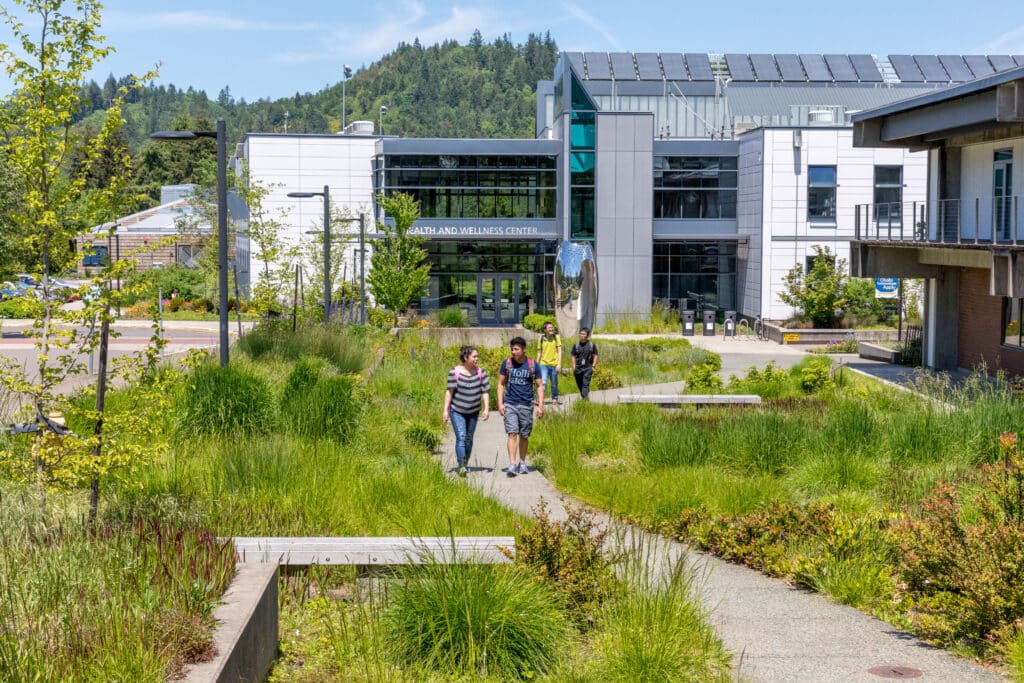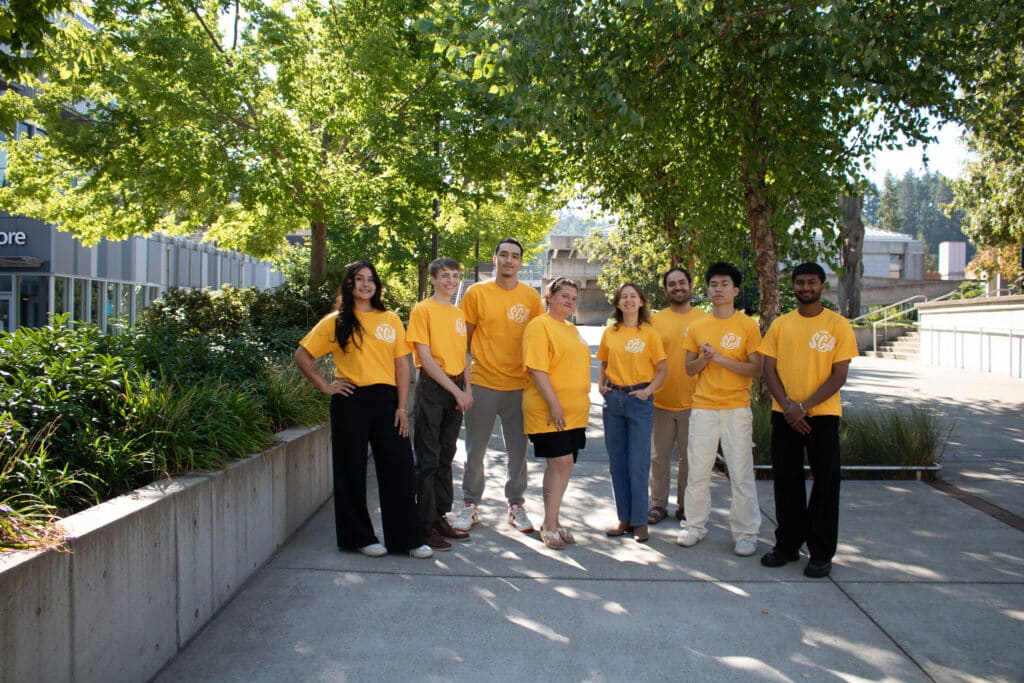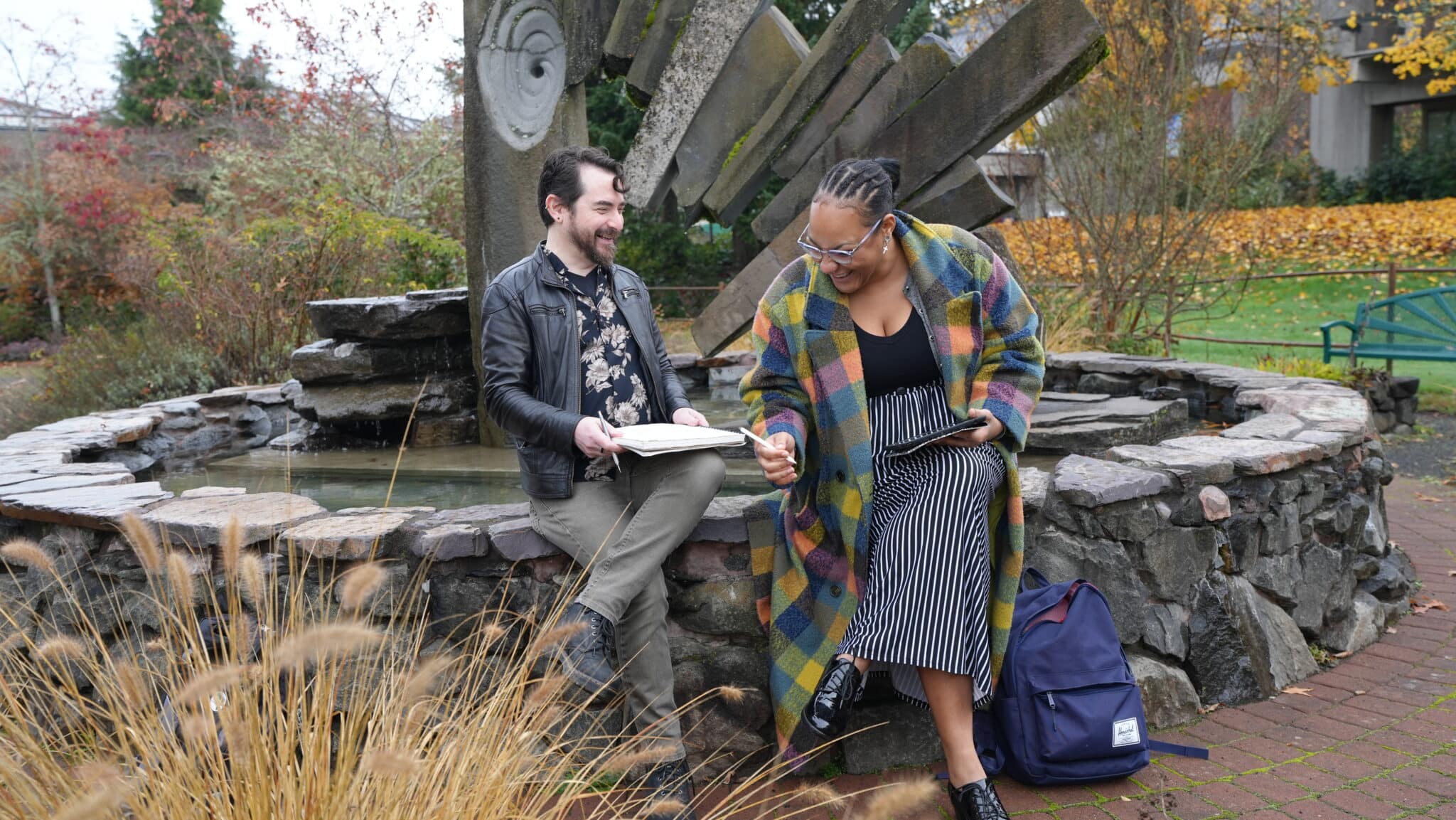While postsecondary attainment in the U.S. has increased steadily over the last few decades, every year thousands of Americans become the first in their families to attend an institute of higher education. First-generation students, commonly defined as people whose parents did not attend college, make up about one in four higher education students today. At community colleges, this figure is closer to one in three.
First-generation students often face barriers to retention and success that other students do not: They’re navigating a complex system without the “insider knowledge” that other students’ families may have shared with them. They often come from lower-income backgrounds, have family caregiving responsibilities, or work while attending college.
But the success of first-generation students translates to more opportunities and greater economic mobility, not just for the people earning degrees or credentials but for their families and the next generation of learners. That’s why institutions like Lane Community College (LCC) in Oregon are working hard to support this population through innovative, student-centered, and community-minded approaches.

Photo courtesy of Lane Community College
Targeted supports
LCC serves more than 15,000 students in Eugene, Oregon’s second most populous city, and the surrounding county. Dr. Colman Joyce, vice president of student affairs at LCC, estimates that half of these students are first-generation college-goers.
Data shows that LCC already has good processes in place to support this population. “We find no significant difference between first-generation and non-first generation students” in terms of retention and success, Dr. Joyce said, noting that LCC outperforms peer institutions in this respect. For the last three years, LCC has also seen overall retention rates increase by 1–2% each year.
But college leaders continue looking for ways to remove barriers and improve the educational experience for first-generation students.
Recently, Dr. Joyce and his colleagues implemented a program inspired by a highly successful coaching model at Pueblo Community College (Colorado). LCC’s new Achievement Coach model instituted six coaches, each of whom is responsible for a cohort of 170 new students. These cohorts consist mostly of first-generation students as well as first-time-in-college (FTIC) students.
Dr. Joyce described these coaches as a “one-stop-shop” for new students; they can offer help with admissions, registration, financial aid, and the many other parts of higher education outside of the classroom that students must learn to navigate when they enter college. The program was implemented at the beginning of the fall 2025 semester, so while LCC won’t be able to measure outcomes for some time, Dr. Joyce is hopeful that it will substantially improve the first-year experience for new students.
Fostering belonging for first-generation students
“First-generation students will often find a friendly face on campus,” Dr. Joyce said. Whether that friendly face is an advisor, a staff member in the veterans’ services office, or a professor, the student may ask them for help on everything at the college, not just the staff member’s particular service area.
Dr. Joyce spoke from personal experience: An immigrant and a first-generation student himself, he recalled how the Veterans Office of Portland Community College in Oregon helped him navigate an unfamiliar system and made him feel like he belonged. That sense of belonging, he said, is critical to first-generation student success.
LCC has seen a significant increase in student engagement on campus since the height of the COVID-19 pandemic. From the college’s student service centers, such as the gender equity center and multicultural center, to support services like a food pantry and its extracurricular offerings, Dr. Joyce believes investing in different ways for students to connect with the campus community pays off.
“Students who are engaged on campus outside the classroom in clubs, athletics, or work-study positions are far more likely to succeed than students who are not engaged,” he said, attributing the college’s steady increase in retention to this rise in engagement.

Photo courtesy of Lane Community College
A community-centered mindset
Dr. Joyce and his fellow leaders at LCC understand that improving outcomes for first-generation students has benefits that extend far beyond the students’ time at the college. When people are the first in their families to earn a higher degree or credential, their opportunities increase, their families can experience greater mobility, and their community benefits.
In Lane County, LCC works closely with community partners to prepare students for careers in industries where they can find family-sustaining jobs and where their talent is needed. Responding to a need for more health care professionals in the region, LCC recently built a new Health Professions building to expand and enhance hands-on instruction for students pursuing careers in health fields. And as LCC has shifted from a majority-transfer to majority-CTE student population, the college has also built a new 55,000-square-foot Industry and Trades Education Center.
By increasing opportunities for students to quickly and conveniently gain high-quality instruction in high-demand fields, LCC is creating more pathways to success — in college and beyond — for people who have not always had equal access to traditional modes of higher education.
“That’s my mission,” Dr. Joyce said. “The more people who succeed, the better. They help their families succeed, and that helps the greater community.”
Elevating the student voice
When asked what advice he would offer to other college leaders who want to improve or expand their institution’s support of first-generation students, Dr. Joyce said that while data is important, it’s not always the whole story.
“Data tells us what we want to know,” he said. “It doesn’t tell us what students want to know.”
Dr. Joyce is currently hosting a series of listening sessions with LCC students, inviting them to share their thoughts, concerns, and fears related to current events and the future of education. Talking through these issues with students, he said, helps make the college feel like a safer place for them to be.
“If you don’t feel safe, you can’t think about academics. You can’t think about your future,” Dr. Joyce explained.
But when thinking about the future is precisely what brings so many first-generation students to institutions like LCC in the first place, it’s imperative for college leaders to cultivate environments where these students know they belong and where they can thrive. Dr. Joyce and his peers are continuously working to do just that.

